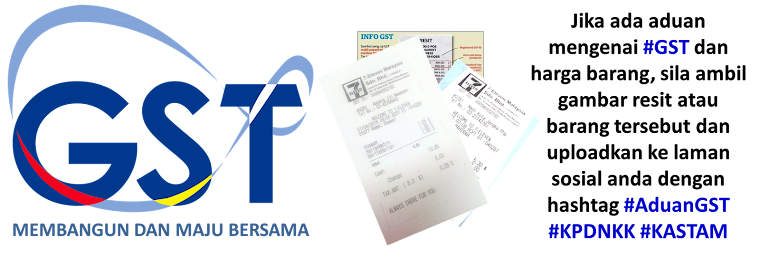Published: Monday October 28, 2013 MYT 1:43:00 PM
Updated: Monday October 28, 2013 MYT 1:56:07 PM
KUALA LUMPUR: Fitch Ratings hailed the proposed move to lower the Malaysian Government deficit and the introduction of the Goods and Services Tax (GST) as potentially constructive steps, but said it was keeping the sovereign credit rating on Negative Outlook, pending “a track record of budget management”.
“The Outlook on the sovereign's 'A-' Foreign- and 'A' Local-Currency Ratings was revised to Negative in July 2013, due to the deterioration in public finances and a perceived weakening of prospects for fiscal consolidation and budgetary reform,” it reminded.
The ratings agency said the latest budget contained three key announcements for Malaysia's sovereign credit profile.
“One is the restated commitment to the existing objective of a Federal Government deficit of 3.5% of GDP in 2014, and 3% by 2015, signalling a potential intensification of efforts to consolidate government finances.
Fitch said this was notable because it came about despite the government's weakened political position following the May 2013 general elections.
Second is a budgeted reduction in subsidy expenditure. However, Fitch noted that the steps to achieving this outcome had not yet been fully identified, and remained subject to external shocks.
Third is the proposed introduction of the long-mooted GST in April 2015, at an initial rate of 6%, which the ratings agency said was a key reform that could strengthen the credit profile by broadening the revenue base and lessening the budget's dependence on petroleum-derived revenues.
“We will look, however, for a track record of implementation towards the stated goal of deficit reduction (as a percentage of GDP), backed by subsidy rationalisation and GST introduction over 2014-2015. Hence the ratings remain on Negative Outlook,” it explained.
According to Fitch, another increasingly important issue was whether Malaysia could avoid the emergence of twin public and external deficits.
“As we have previously highlighted, the rapid erosion of Malaysia's current account surplus has been driven partly by a drawdown of public-sector savings as well as by increased investment. The slippage of the current account position into deficit could increase Malaysia's vulnerability to renewed market tensions when Fed tapering becomes more likely.
“Beyond the budget, Fitch has previously highlighted the rapid rise in federally guaranteed debt as a source of pressure on the credit profile. Guarantees rose to 15% of GDP by end-2012 from 8% at end-2008.
Fitch said this was an area of the public finances that it would be monitoring beyond the budget.
“The upshot of all this is that budget deficit reduction is heavily reliant on expenditure restraint, and a track record of sound budget management and implementation will be integral to our assessment. Moreover, the avoidance of a domestic savings/investment imbalance, which forestalls a weakening of Malaysia's funding strengths, is also important,” it concluded.



No comments:
Post a Comment